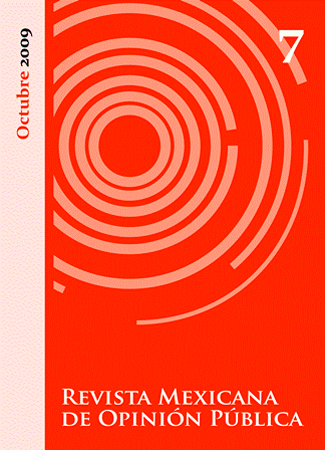Are there gangs in Monterrey ?: aged marginalization and stigma
Main Article Content
Abstract
The present article displays the results of a diagnosis made between November of 2007 andJune of 2009, among the young called “gang members” in the Metropolitan Zone of Monterrey,in Nuevo León, México. Its aim was to make one first caracterization of these young people,throug a direct approach that allowed the elaboration of a proposal of work with this sector ofthe population. The study is made of four sections. The first one makes a brief revision of theway in which, in general terms and in our country in particular, the called bands and gangs havebeen boarded as study object. In the second part the context of the young people excludedin the Metropolitan Area of Monterrey is characterized, pointing at the social contrasts thatcharacterize this city and its inhabitants. The third section aims to make a first approach to theway in which young people excluded in the city of Monterrey have been studied. The last partpresents the results of the diagnosis made during the year of 2008, whose objective was tohave one first characterization of the young called “gang members” in the ZMM.
Article Details
How to Cite
Aguilar Avilés, F., & Castillo Berthier, H. (2013). Are there gangs in Monterrey ?: aged marginalization and stigma. Revista Mexicana De Opinión Pública, (7). https://doi.org/10.22201/fcpys.24484911e.2009.7.41772
Citas en Dimensions Service

Revista Mexicana de Opinión Pública por Universidad Nacional Autónoma de México se distribuye bajo una Licencia Creative Commons Atribución-NoComercial-SinDerivar 4.0 Internacional.
Basada en una obra en http://revistas.unam.mx/index.php/rmop.




